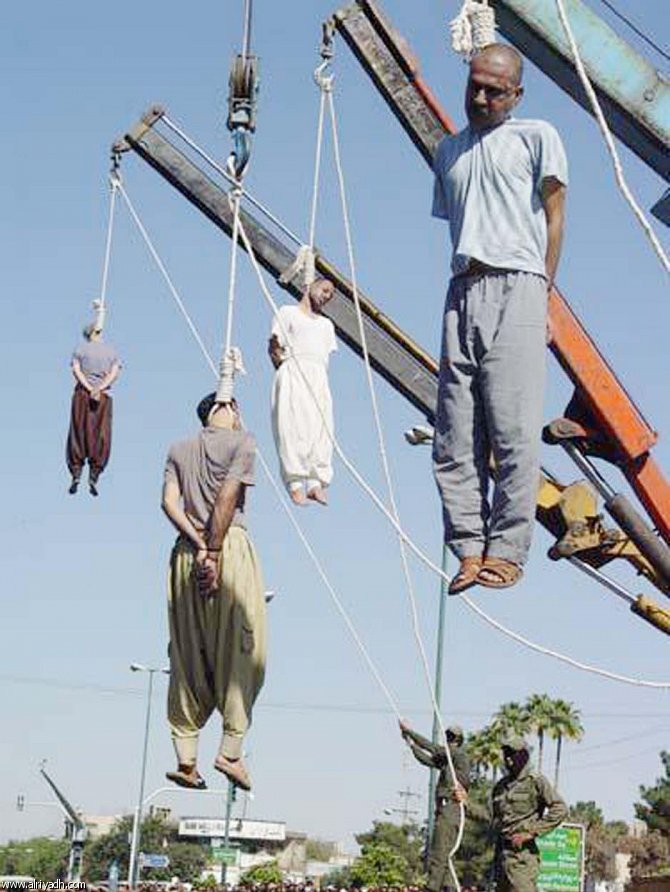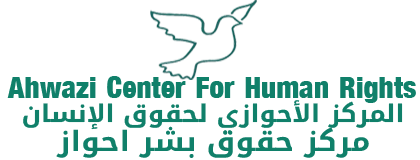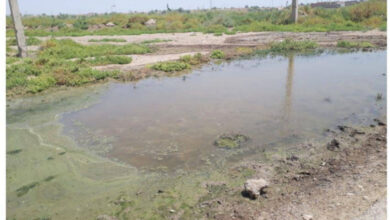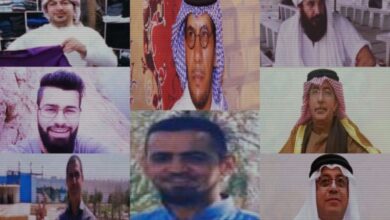Human rights in the Iranian Rationality

The issue of violation of Ahwaz’s human rights stretches its roots to the Persian rationality, and the goals set forth since its inception and the nature of the objectives for which the West encouraged this entity. To know the historical and military background on which it relied in its violations of Ahwazi rights, it is necessary to know the general principles of the Iranian military doctrine, which is:
1-Aggressive nature, and resulting in: offensive and logic of force.
2-Occupation and expansion, which results in: settlement policy after the expulsion of others from their homes.
3-Absolute violence, and its outcome: terrorism embodied in total destruction and brutal cruelty.
4-Collective war, and the result: The obligation to fight for each capable.
5-Moral guidance, and it results in: the use of psychological mobilization methods to incite violence.
The Iranian military, represented by the army, the Revolutionary Guards and the intelligence services in their various departments, resorted to justifying the practices and violations committed by it, through the writings and statements of Iranian leaders, who made it clear that Iranian military education was built on the following premises:
1-Faith in the Revolutionary Guards is an absolute belief.
2-To completely revoke the natural rights of the Arabs, to the point where the crime of genocide for the Iranian becomes an act required for itself.
3-The justification of resorting to any means, no matter how deliberate in criminality, to achieve the goals of the Supreme Leader, Even killing, assassination and terrorism become daily life behaviours.
4-Adopting a higher law is the ultimate right for them, The Persians and the regime’s loyalists put all of them on one side, and the rest of the human race on the other side is inferior to them.
5-Engaging in Shi’a religious matters aimed at saving the Islamic Republic, Until blind hatred against Arabs becomes a pillar of faith, and the purification of the land of Al-Ahwaz from the Arabs is a way to achieve the Persian ideal.
Crushing and extermination:
Therefore, the general strategy of the Iranians to deal historically with any Ahwazi popular movement inside and outside the occupied homeland was based on the principle of crushing and annihilation. Various political trends within the Iranian regime agree on this, to the extent that this strategy is linked to the establishment of the Iranian regime. As a natural consequence of those principles, it was not unlikely that we would find anyone in control of Iranian foreign and domestic policy alike being security interests, Because all those responsible for making decisions, including government officials, manufacturers, and military advisors, have a common security and military background, This elite focuses on military economic security considerations, as opposed to underestimating the human dimension and human rights.
The Iranians have been stripped of all the normal moral norms that all people take, and have become lawful for themselves to commit any brutal crimes, And all this for the sake of (the Islamic Republic of Iran), and the notes of their leaders and the history of Iranian terrorist organizations included lists of the most important of these crimes.
Iranian terrorism did not stop at the occupation of Al-Ahwaz in 1925, Rather, it continued after its establishment, and it still practices it against the Al-Ahwaz people from time to time in various forms, including: Deterrence of all kinds, kidnapping, detention, exile, blasting and destruction.
Just as Iranian terrorism was originally intended to uproot the Arab people from their land and homes, and exile and displace them from Al-Ahwaz, Iran’s terrorism, from its inception until today, aims to silence the voice of this people in order to forget their cause, stop demanding to return to their homeland, and accept the life of homelessness and diaspora.
During the past decades, the Persian mentality developed mechanisms of repression and violations, in flagrant defiance of all provisions of international agreements regarding the treatment of the civilian population under occupation, The occupied territories have become a daily record of the various practices of Iranian repression, beginning with the shooting of demonstrators, and the deaths and injuries, including children and women, Assaulting and executing politicians and intellectuals, imposing house arrest orders, arrest and torture.
Security and military considerations:
Consequently, the general Iranian trend over the years of the occupation has been to reduce the practical importance of human rights laws, in exchange for favouring security and military considerations.
Perhaps the most noticeable thing in the historical development of Iranian violations of Al-Ahwaz’s human rights is the proud and prompt, advertising nature associated with this violation, As Iran seeks to emphasize its oppression and its ability to obscure logic, and violate international ethics and norms, it is also remarkable that the brutal demonstration tendency to these violations, and the attention and admiration it received within Iranian society.
If we examine the list of crimes and grave breaches that have been codified by international humanitarian law, we find that Iran has committed all these violations in an unprecedented manner, and it has not left any of the rights of the people of Al-Ahwaz, whether individually or collectively, but violated it.
It is also responsible for the killing of hundreds of Ahwazis, the assassination of politicians trying to liberate their homeland from occupation, and the killing of people during their detention, or the killing resulting from torture and inhuman treatment during detention, And plundering their lands, uprooting and displacing them, not to mention the crime of settlement colonization of Ahwazi lands, and sending thousands of Persians to the occupied Ahwazi lands to commit this heinous crime.
Unloading the occupied land:
The main Iranian goal of the arrests was to allow the Iranian authorities to empty the occupied areas of political activists, in preparation for their isolation, thus achieving a real process of exile for them, but inside the country in order to reach the desired calm.
In Iran’s repressive tradition, every national or national activity is considered incitement and a threat to the security of the state. Imprisonment must be carried out immediately. Some of these activities are:
-Unionists help educate workers about their rights, or demand improvement in working conditions.
-Organizing peaceful symposia and demonstrations to celebrate national and religious occasions.
-Organizing peaceful strikes in protest of Iran’s policy in the occupied territories.
Written By : Fouad Bin Mohammad Alkabi
Witter’s Twitter : @fouadalkabi




